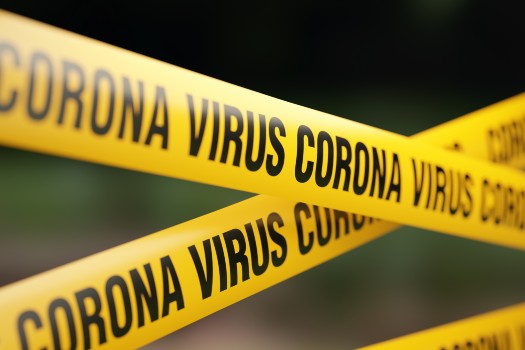GP-led ‘hot hubs’ are being set up around the country to diagnose and advise coronavirus (Covid-19) patients who are not in hospital.
CCGs are leading the commissioning effort, although NHS England has advised rather than mandated them to do so.
Under the schemes, patients are directed to the hubs for face-to-face assessment – which will include GPs – after being triaged remotely by NHS 111 or their GP.
Areas which have set up such hubs include:
- The eight North West London CCGs
- NHS Walsall CCG
- NHS Oldham CCG
- NHS Gloucestershire CCG
- NHS West Sussex CCG
NHS England said in a message to general practice on the weekend that it may be ‘clinically necessary’ for GPs to ‘come into contact’ with coronavirus patients ‘for example, those identified most at risk, to provide them with the necessary treatment and care in a range of settings including the person’s own home, the GP practice, a local hub or an alternative care setting in the community’.
NHS Brent CCG said: ‘The eight CCGs in North West London are establishing a joint primary care response to Covid-19. This will include patients being managed both remotely and face to face by GPs.
‘Face-to-face management will require dedicated clinics and we are establishing these in each borough. Patients will access the clinic through referral by the NHS 111 service or their practice.’
North West London’s infection prevention control guidance for Covid-19 hubs reads: ‘PCNs should identify a suitable practice/location for suspected and confirmed Covid-19 patients to be cohorted for appointments.
‘These patients will need to access this service by private car and not use public transport. For patients that are suspected or confirmed positive for Covid-19, that cannot attend by private car, a home visit will be required.’
It also advises on aspects such as PPE, decontamination of equipment, and signage, while the area’s standard operating procedures describe the purpose of hot hubs as:
- To review patients with potential infection of Covid-19 identified as requiring clinical assessment and to determine whether telephone management or face-to-face assessment is required
- Where non face-to-face means have been exhausted, to review patients with potential infection of Covid-19 in person
- To review patients with potential infection of Covid-19 or known Covid-19 infections who require a face-to-face review for other health conditions whilst they are still infectious
- To maximise self-care and ensure the maximum number of patients are cared for in the community.
Those excluded from the patient criteria include people who can be dealt with remotely; require hospital admission; or are non-ambulant.
However, some GPs have expressed concern with how effective the hubs will prove to be, and with regards to the safety of doctors.
Professor Trisha Greenhalgh, professor of primary care at the University of Oxford, said on Twitter: ‘I believe that hot hubs are a 20th century solution to a 21st century problem.
‘They’re resource-intensive and likely to create huge demand for face-to-face care. Let’s urgently design a better solution.’
In a similar vein, Dr Dave Triska, a GP in Surrey, where there are a number of hubs, told Pulse: ‘Hubs give some system resilience, allowing for both contingency plans should primary care facilities be unable to operate and also buffer for acute departments which will shortly become very busy.
‘They should only be used with robust remote triage, and not as a port of first call.
‘They’re not efficient at the moment, but from the really busy time coming, I wouldn’t expect them to be.’
Speaking to Pulse in a personal capacity, West London GP Dr David Mummery said: ‘Having hot clinics, likely inundated with large numbers of possible Covid-19 patients who don’t need hospital admission and who have been sent there by 111 or possibly fellow GPs, and who are at the mild/moderate end of the Covid-19 spectrum, goes completely against the advice to isolate.
‘They will be a risk to healthcare professionals and others, in terms of continued viral transmission and exposure to high viral loads, which we know correlates with the severity of the illness. Social distancing measures may be very difficult to adhere to and if the clinics are there and advertised, people will go there.
‘If face-to-face assessment is deemed essential, the best place is probably either the patient’s home or an easy-access back room at the GP practice.
‘It’s also vital that GPs wear full PPE at all times.’
Pulse has reported extensively on the lack of adequate PPE supplied to GPs across the UK, with GPs reporting that they are told to source their own after being shipped small amounts of ‘flimsy’ equipment.
Pulse October survey
Take our July 2025 survey to potentially win £1.000 worth of tokens













